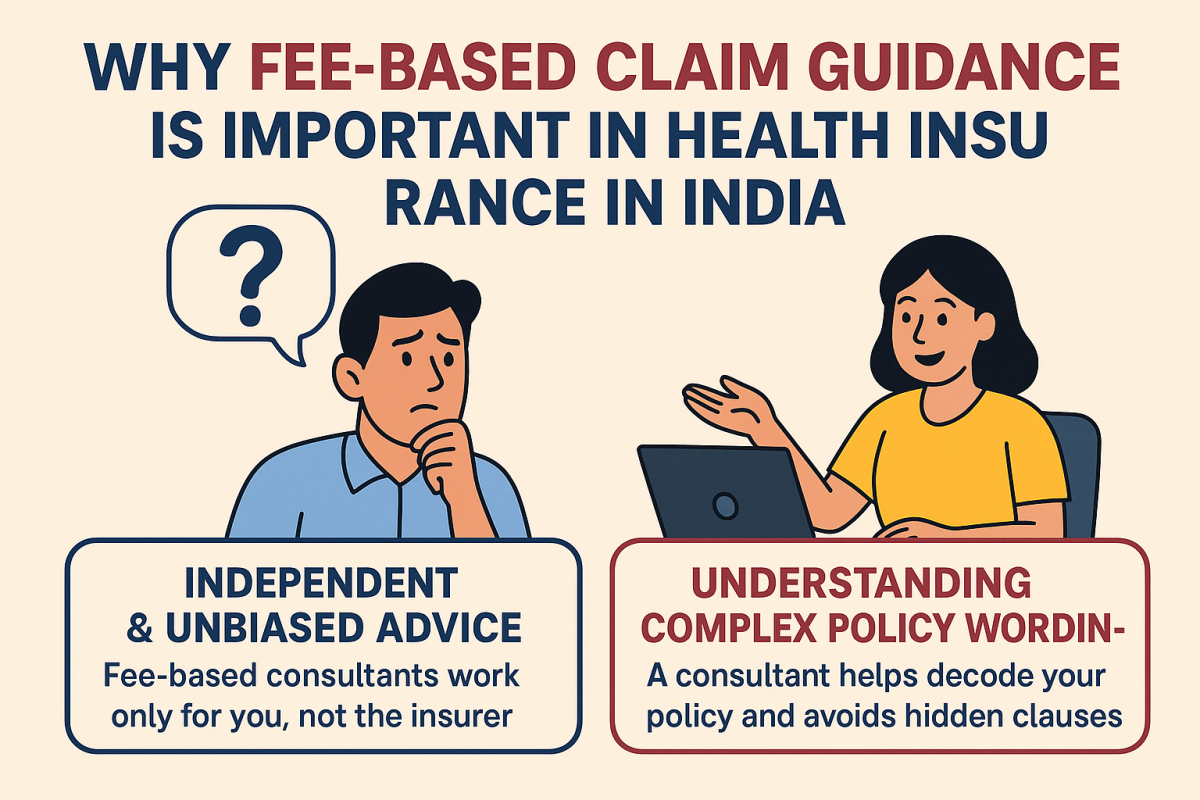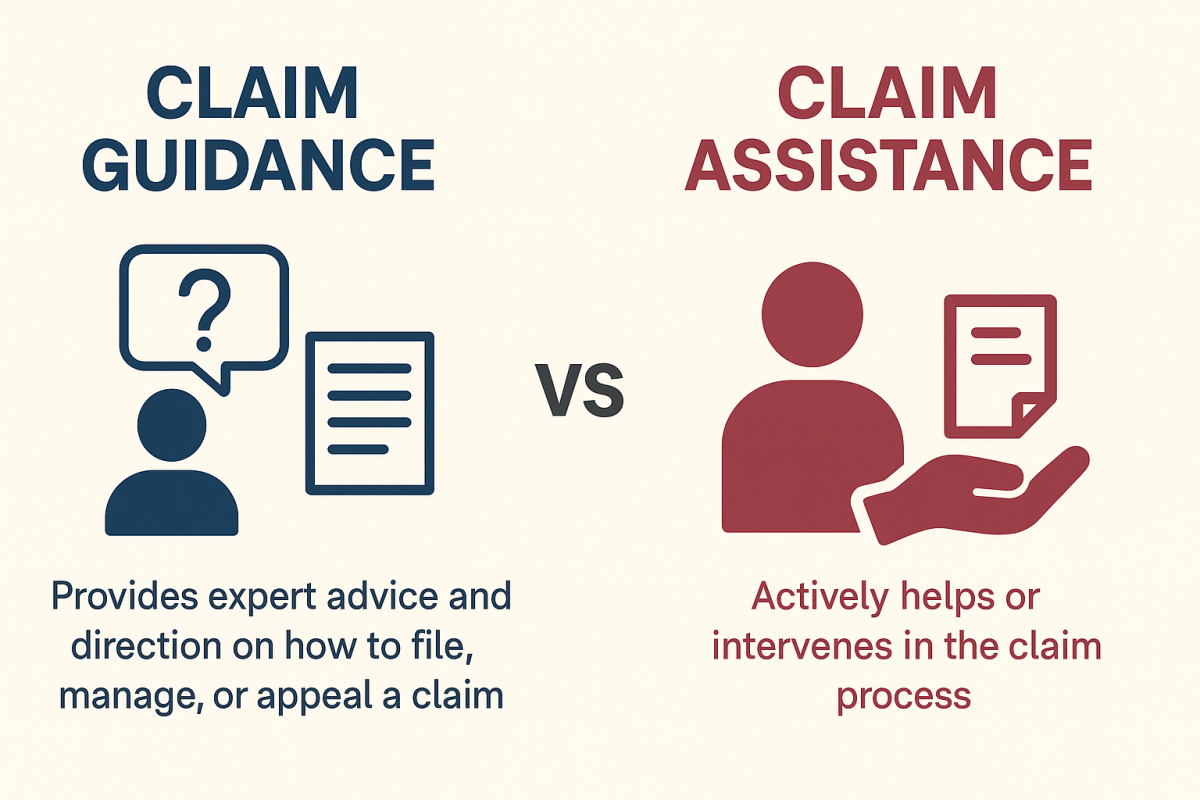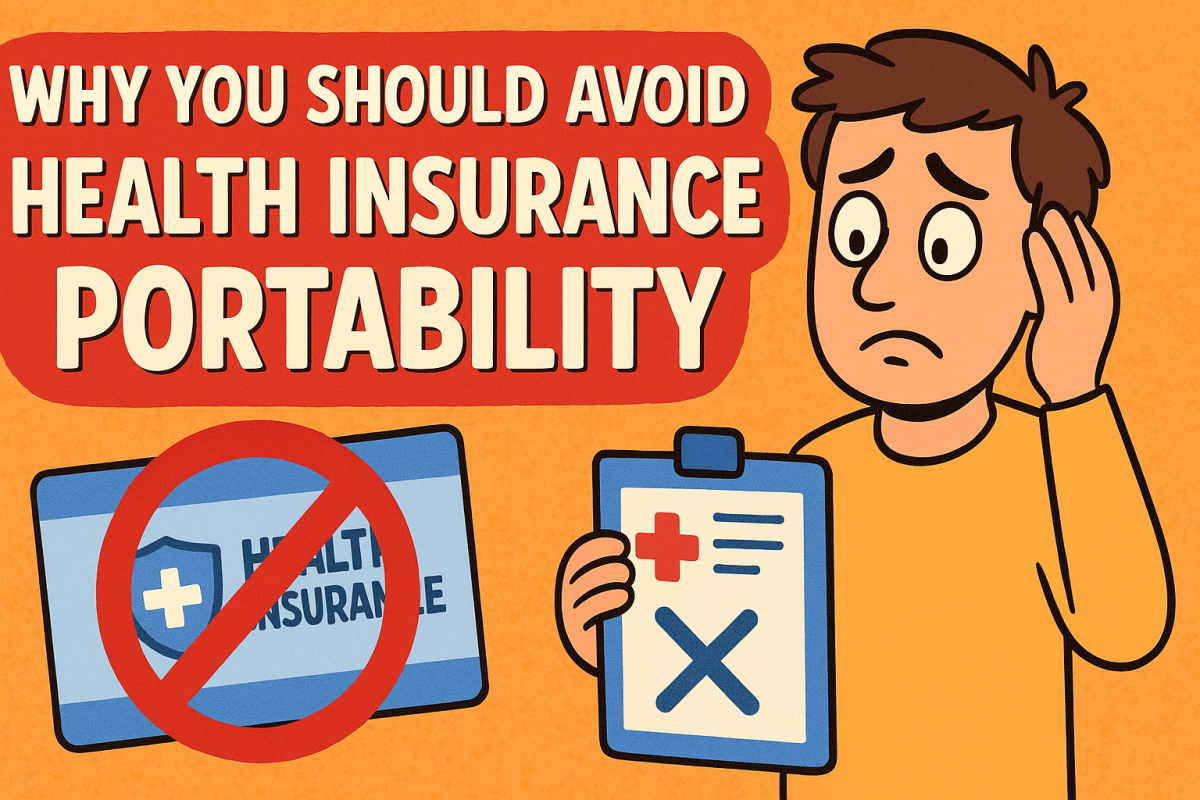Overview of the proposed suspension of cashless facilities by hospitals for certain health insurance providers.
Background
Cashless health insurance allows policyholders to receive hospital treatment without immediate out-of-pocket payment. Instead, the hospital directly settles the claim with the insurer, simplifying access and reducing financial strain.
In 2024, IRDAI pushed for 100% cashless claim settlement, mandating insurers to authorize requests within one hour and grant final approval within three hours. Insurers were also urged to empanel all categories of hospitals to broaden policyholder access .
Nevertheless, implementation has proven challenging. In early 2024, the “Cashless Everywhere” initiative by the General Insurance Council (GIC) aimed to allow policyholders to access cashless services in any hospital, regardless of network—but uptake lagged due to disagreements over treatment rates and lack of clarity .
Escalating Disputes (2025)
By mid-2025, tensions escalated between hospitals and insurers regarding reimbursement rates, delayed payments, and claim processing practices.
Ahmedabad Actions (April 2025)
The Ahmedabad Hospitals and Nursing Homes Association (AHNA) indefinitely suspended cashless services for Tata AIG, Care Health Insurance, and Star Health, citing low reimbursement, deductions, and expired contracts .
Delhi–NCR Developments (February–March 2025)
Care Health Insurance halted cashless claims at 12 Max Hospitals in Delhi-NCR starting February 17, 2025—but allowed reimbursements and continued services for long-term treatments like dialysis and chemotherapy .
Nationwide Escalation: Bajaj Allianz / Care Health (September 2025)
The most significant upheaval came with AHPI (Association of Healthcare Providers India) directing its member hospitals (over 20,000 nationwide) in North India to suspend cashless treatment for Bajaj Allianz and Care Health Insurance policyholders starting September 1, 2025 .
Hospitals cited continued operation under outdated reimbursement rates (despite annual medical inflation of 7–8%), unilateral deductions, payment delays, and cumbersome pre-authorisation processes .
Insurers’ Response
The GIC decried the move as arbitrary, lacking clarity, and harmful to citizens, urging AHPI to withdraw the directive and maintain cashless services during discussions .
Disputes also extended to allegations of anti-competitive tactics. AHPI accused insurers, via the GIC’s “common empanelment” framework, of trying to suppress hospital tariffs and operate without legal sanction . Likewise, the DMA NHF (Delhi Medical Association Nursing Home Forum) lodged a complaint with IRDAI, alleging cartel-like behaviour and seeking investigation into whether the common empanelment violates competition norms .
Impact and Local Dynamics
In Bhopal, private hospitals reassured patients that cashless treatment would continue unaffected—prompted by negotiations, albeit with one insurer exception—and flagged broader concerns tied to the GIC’s common empanelment model, delayed reimbursements, and claim disputes .
Meanwhile, Niva Bupa and CARE Health Insurance lost cashless access in Max Hospitals across India, effective August 16, 2025, further illustrating the spread of disruptions .
Effects on Stakeholders
- Patients / Policyholders:
- Immediate need for upfront payment even at empanelled hospitals.
- Increased reliance on reimbursements, which may be delayed and cumbersome.
- Greater financial uncertainty, particularly during emergencies.
- Hospitals:
- Strained operations due to low tariffs, deductions, and delayed settlements.
- Used suspension as leverage to negotiate fairer terms.
- Insurers:
- Pressure to revise rates and streamline claim processing.
- Elevated reputational risk amidst growing public scrutiny.
- Sector at Large:
- Regulatory scrutiny likely to increase.
- Trust in the cashless ecosystem faces erosion without conflict resolution
User Voices
From Reddit discussions, policyholders described frustration and confusion. One user noted about Care Health Insurance’s actions with Max Hospitals:
“The people who will suffer are the policyholders, who bought insurance for peace of mind but are now stuck navigating reimbursements and out-of-pocket expenses.”
What Lies Ahead?
- Negotiations Ongoing: Meetings between AHPI, Bajaj Allianz, and GIC are in progress (e.g., as of September 2, 2025), with hopes of restoring cashless services soon .
- Regulatory Oversight Growing: IRDAI and other bodies may need to intervene to protect patient interests and ensure equitable practices across the sector.
- Framework Overhaul: Long-term stability may demand reevaluation of the GIC’s empanelment approach, reimbursement models, and communication protocols.








